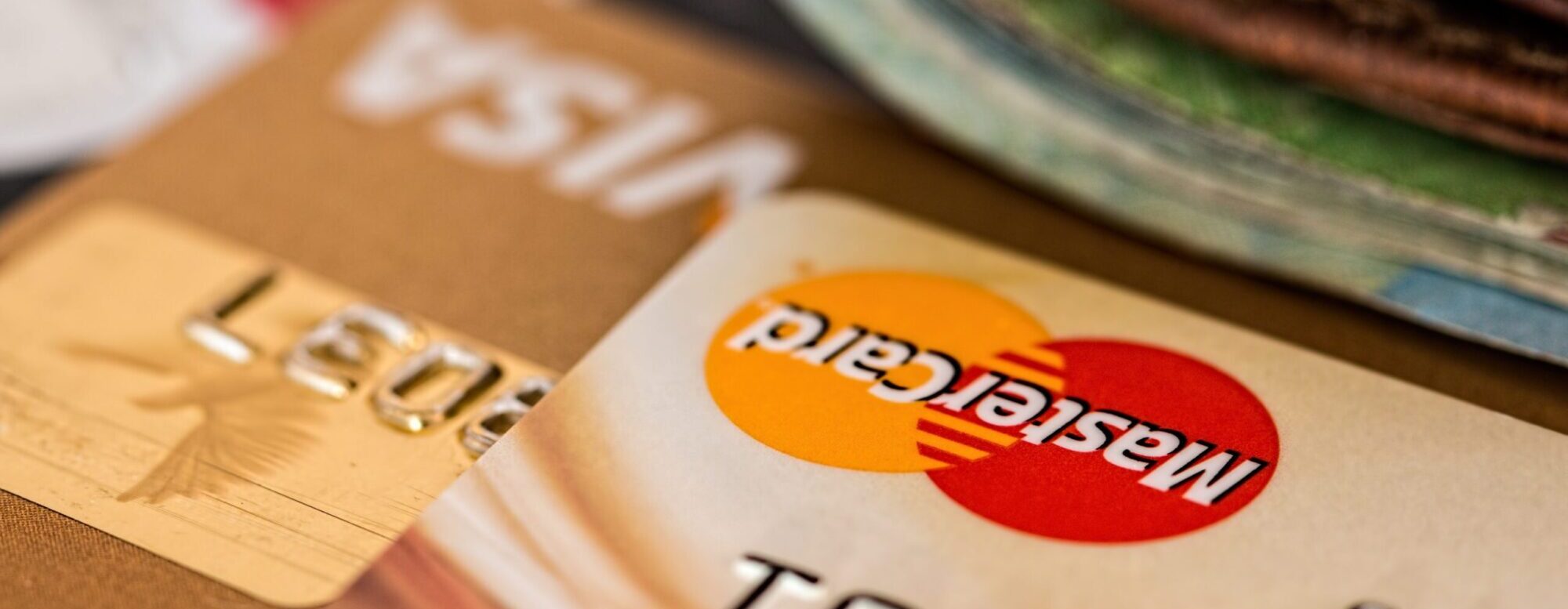In this section, you will find articles on various areas of the card payment industry.
A note of caution however: these articles have not been updated since 2021, so some of the information might now be outdated.

PSD2 in Simple Language
PSD stands for Payment Services Directive. Unlike most regulations that people in the card payment industry are familiar with, these are not scheme rules (rules created by Visa, MasterCard, AMEX, etc.), but European legislation. This is why merchants cannot negotiate …
3DS Explained
When you are paying in a shop with a credit or debit card, you will be asked to insert your card into the terminal and enter your PIN. This PIN is stored on the chip on your card and the …
Payment Methods
There are 3 basic ways of getting paid, cash, paper (cheques, postal orders, etc.) and digital (direct debit, bank transfer, card, or wallet). The first two have the disadvantage of being physical, which means there is a high cost of …
Choosing Payment Methods
The criteria you should use to decide on which payment methods are best for you are: 1. Markets 2. Type of payment 3. Cost 4. Risk 5. Reconciliation. 6. Other factors Markets First of all, markets mean countries. A Payment …
Card Payment Process Flow
Payment card processing (whether using a debit or credit card) is the process of reserving and taking funds from a cardholder’s card and crediting the merchants’ account with these funds. The merchant can carry out this process by sending transactions …
Timeline of an Authorisation
How long is an authorisation valid? If you make a card sale via a standard authorisation (called “final authorisation) you should settle and the end of the same day. Pre-Authorisations are valid for 30 days (MasterCard) or 31 days (Visa). …
Pre-Authorisations
Merchants should authorise and settle for exactly the same amount. If they do not know the exact amount, they should use a pre-authorisation . A pre-authorisation is basically an estimate of the amount the merchant believes will be owed at …
Who is Who
An overview of the different participants in the payments process. Merchants This is you. You must have a Merchant Services Agreement with an acquiring bank with which a Payment Processor is certified as a Payment Services Provider. Also, the merchant …
Choosing a Gateway
What are the main deciding factors for choosing the right gateway for your business? Cost Overall transaction processing fees consist of acquiring fees (which include fees for the card schemes and card issuers) and gateway fees. It should be noted …
Choosing Your Acquirer
Definitions Inter-regional Transaction A transaction where the Issuer of the card used is located in a different Visa/MasterCard Region to that of the Merchant. Intra-regional Transaction A transaction where the Issuer of the card used is located in the same …
Reconciliation
This often gets neglected when setting up new payment systems. As a result your finance department often spends a considerable amount of time ensuring that all payments are reconciled. Batches Batches are the payment instructions to the bank. This should, …
Chargebacks and Fraud
What are chargebacks? It is a reversal or unpaid transaction in the card processing space that results in the removal of a transaction amount from the merchants’ account. In most cases (there are exceptions), the end customer initiates the chargeback. …
PCI
Superseding Visa’s Payment Application Best Practices (PABP), The Payment Card Industry Data Security Standard (PCI DSS) is a global set of security best practices which, when implemented correctly, will assist adhering parties in protecting their systems and help maintain the …
Keeping Card Holder Data & Keeping Them Up To Date
NEVER keep all your customer’s Card Holder Data just because you can. The best practice is that you only keep card data if there is a good business justification for it. So, don’t keep them for clients who buy a …

